This is your very first post. Click the Edit link to modify or delete it, or start a new post. If you like, use this post to tell readers why you started this blog and what you plan to do with it.

This is the post excerpt.
This is your very first post. Click the Edit link to modify or delete it, or start a new post. If you like, use this post to tell readers why you started this blog and what you plan to do with it.

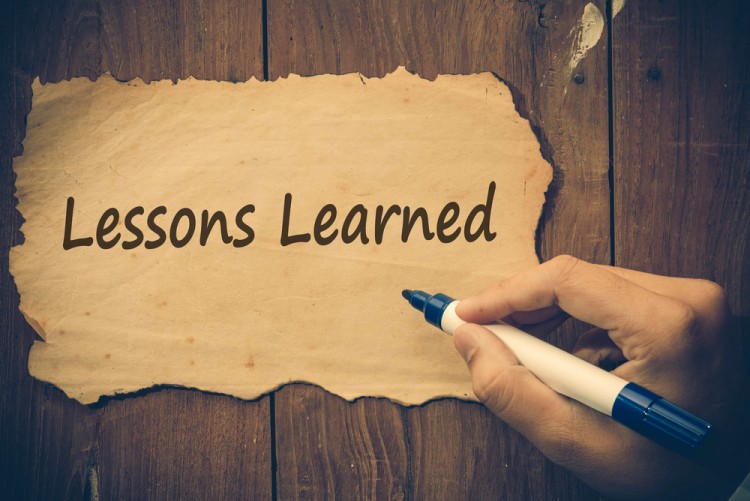
Readers!
I cannot believe that we have come to the end of the semester. What a journey we have had together. You all have joined me on an interesting new path, from beginning this doctoral program, to learning effective ways to engage a community such as yourself, to having public discourse on important and relevant social issues.
The lessons have been internal and external, as you all know, no experience such as this happens without some personal growth, evolution, and transformation. So here are my take-aways from this great semester we shared together…
So what happens next?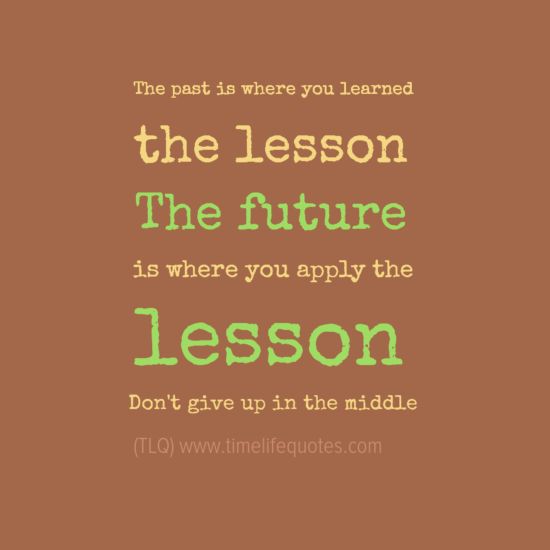
These lessons have shaped my perspective and restructured my approach to my life’s work. This includes my career, my profession, and my work on the grand challenge. These lessons will impact my ability to utilize my work on my grand challenges to inform social work practice in relevant ways. I have the opportunity to present on my grand challenge at work in the upcoming week, and these lessons are right on time to ensure it is positive public discourse! I look forward to channeling my passion about this subject in a way that invites attendees to listen, learn, share and engage in discourse that is solution oriented and contributes to the growing field of knowledge around my grand challenge- achieving racial justice for Blacks in America! See you next semester!!
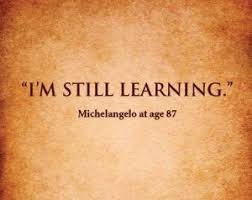
Reader,
When I say the word “HOME”, what first comes to mind for you? Maybe it’s a country, a state, a person, or the 4 walls you were raised in. For each of us, home is a different place, its meaning resonates deeply, the shared experiences, learning opportunities, firsts, lasts, and in betweens that create special memories in these places.
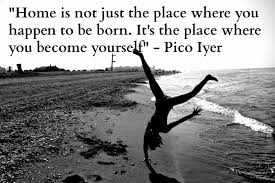
I don’t know where you are reading this post from, some of you may be local, national, or international, wherever you are, consider the pain of being ripped from your home. Well, currently in the United States of America, over 800,000 children are at risk of being ripped from their homes. Like you, they grew up here, created lifetime memories and became themselves in these spaces. These children are called DACA recipients, they were brought to the US at a young age by their parents. DACA, also known as “Deferred Action for Childhood Arrivals” allowed these children the opportunity to work, live, attend school, and settle down in this place they call home. The current President of the US, has rescinded DACA, removing all opportunities from recipients and placing their lives at risk. What horror! 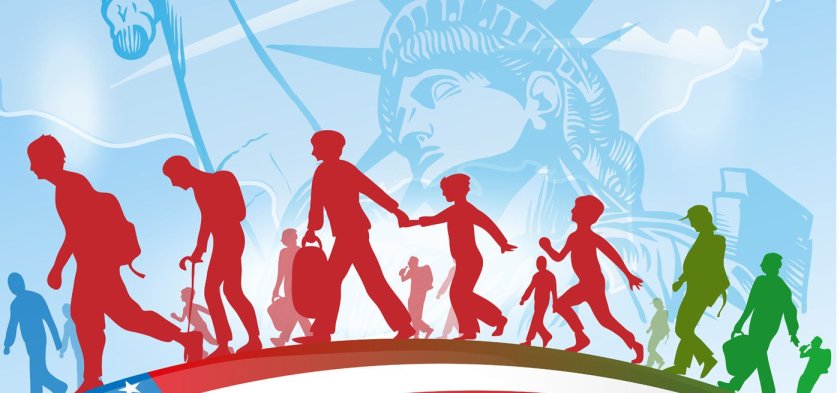
Children. Children need their homes and here in the US we are hoping to find enough advocates to push and fight for DACA recipients to remain. But there is a challenge to building allies due to the narrative being pushed in this country. Many are being told that DACA recipients are taking the jobs of Americans, African Americans, and other natives in this land. The tension, competition, and separation as a result of this false information and “fake news” is the aim of my Grand Challenge. I am focused on helping minorities, specifically Black immigrants and African Americans, to reject and dismantle the lies that they are on opposite sides of the fight for justice. Black immigrants and African Americans have much in common if true racial and social justice is to occur.
Has anything like this happened in your country? How would you respond? What strategies can we use here in this fight? Please share below!
Leading and influencing public discourse is not a one size fits all approach. I embrace the idea that discourse is always a possibility and everyone is a target for conversation. As a native New Yorker, I recall impromptu conversations that occur on the street, the train, the bus, or the local deli about hot button topics that were circulating mass media or the very streets of NYC.
In this course I think we have many more avenues of influencing public discourse to explore and uncover. I am thinking immediately of social media, with the rapid changes in Facebook, it remains my primary mode of engaging those within my network about relevant issues related to my Grand Challenge. Facebook was the launching pad for my organization, as the option to start a group spread rapidly and within two days there were over 3000 members all engaging in the discussion around racism and police brutality. In class we acknowledge Twitter but I believe Facebook is also a strong contender.
I also enjoy the “old school” approach to discourse, canvassing and Door to Door knocking. This summer I did an internship with MoveOn.org and one of my assignments was to do canvassing. I thoroughly enjoyed the face to face conversations with local residents about issues that affect our community!
What about you? What are some unconventional ways of influencing public discourse that you have tried?